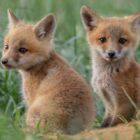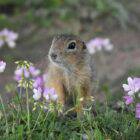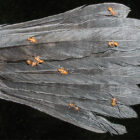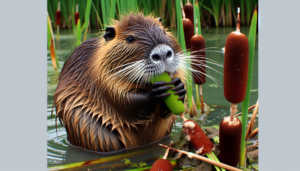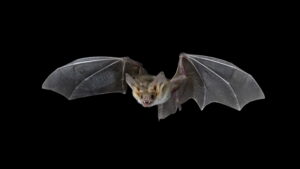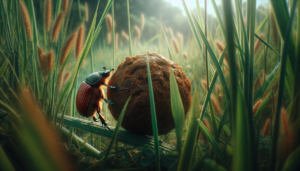Why do birds take dust baths?
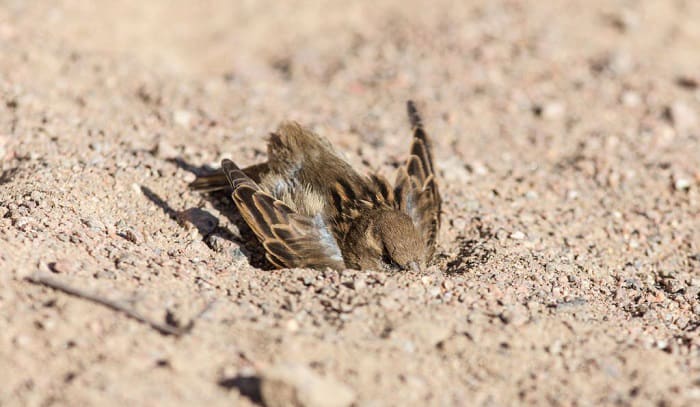
Birds exhibit a fascinating behavior known as dust bathing, a process integral to their well-being. This behavior, observed across various avian species, plays a pivotal role in their hygiene and health. Through documented observations and studies conducted by avian experts, several essential reasons for this behavior have been identified, shedding light on the necessity and benefits of dust bathing in the avian world.
What Is Dust Bathing?
Dust bathing is not just about cleaning but plays a crucial role in keeping their feathers healthy, dry, and free from parasites. Dust bathing is a common practice among a wide range of avian species, from small sparrows to large quails and domestic chickens.
When birds engage in dust bathing, they crouch close to the ground and vigorously wriggle their bodies while flapping their wings. This action stirs up loose substrate like dust, dry earth, or sand, which then falls between their feathers and reaches the skin. This process is crucial for birds that lack a uropygial gland, which produces oils for feather maintenance. Examples of such birds include emus, kiwis, ostriches, and bustards.
The California quail is one species known for its communal dust bathing rituals. These quails create dust baths by burrowing into soft soil and flapping their wings to disperse dust, helping them maintain healthy feathers. Similarly, domestic hens exhibit preferences for different dust bathing substrates, showing a natural inclination towards materials that help them keep their feathers in optimal condition.
Maintenance of Feather Health
Scientific research has emphasized that dust bathing is essential for maintaining feather health in birds. Dust adheres to the oils and dirt present on feathers, assisting in their removal and enhancing the birds’ ability to preen effectively.
Dust bathing assists in removing excess oil and dirt accumulated on the bird’s feathers. This process is vital for regulating the distribution of natural oils, helping to keep feathers healthy, flexible, and resistant to water penetration.
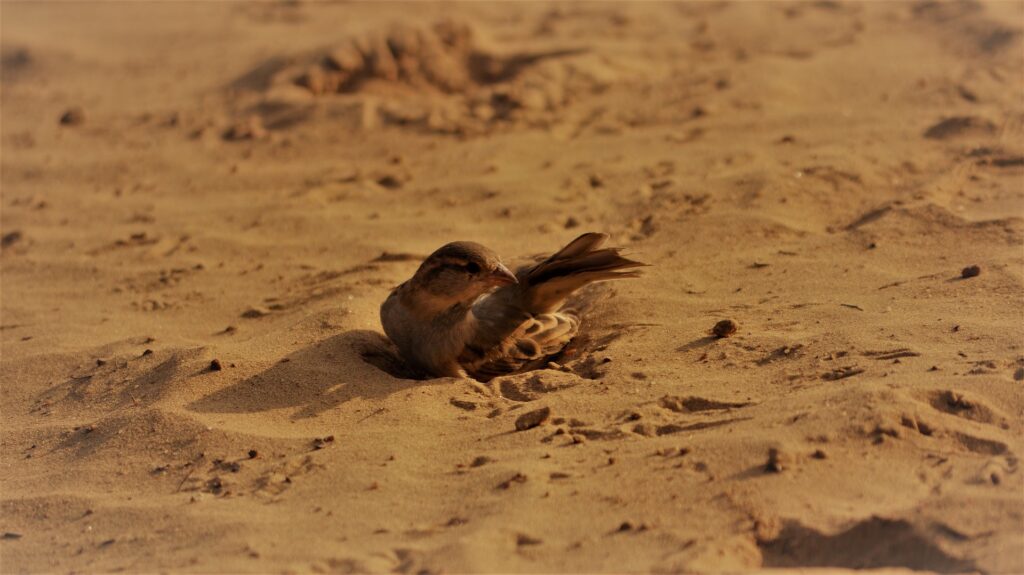
Pest and Parasite Control
During a dust bath, birds crouch close to the ground, vigorously wriggling their bodies and flapping their wings. This action disperses loose substrate into the air, which then falls between the feathers and reaches the skin. By spreading their wings, birds facilitate the penetration of dust particles into their plumage, ensuring thorough coverage. Following the dust bath, birds often shake themselves vigorously, further ruffling their feathers, which may be accompanied by preening using their bills to remove any remaining debris.
Dust bathing aids in controlling parasites and pests. Birds expose themselves to fine dust particles, which work into their feathers and down to the skin, helping to remove or suffocate parasites like mites and lice, ultimately reducing infestations.
Skin and Feather Health Maintenance
Dust bathing may contribute to skin health. The process helps to exfoliate and maintain healthy skin by removing dead skin cells, preventing skin issues, and supporting the growth of new feathers.
For birds without a uropygial gland, such as emus, kiwis, ostriches, and bustards, dust bathing becomes even more essential as it helps in maintaining healthy and dry feathers. The absence of this gland, which secretes oils used for preening and waterproofing feathers, makes dust bathing a critical part of their grooming routine.
Domestic chickens, extensively studied in this regard, display specific preferences for dust bathing substrates like lignocellulose, which they use to effectively clean their feathers and control ectoparasites.
Behavioral Enrichment and Natural Instinct
Dust bathing fulfills a bird’s natural instinct. The behavior is deeply ingrained and serves as an instinctive ritual, providing not only physical benefits but also mental stimulation and behavioral enrichment for the birds.
Dust bathing is an essential avian behavior, crucial for feather maintenance, oil regulation, pest control, skin health, and fulfilling natural instincts. These findings from avian experts and observations underscore the necessity and multifaceted benefits of dust bathing in ensuring the hygiene and health of birds in their natural environment.

